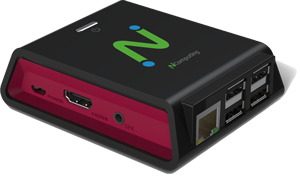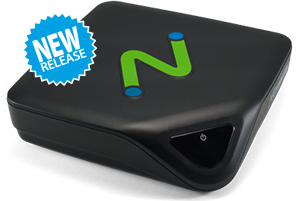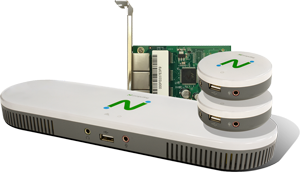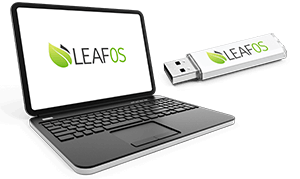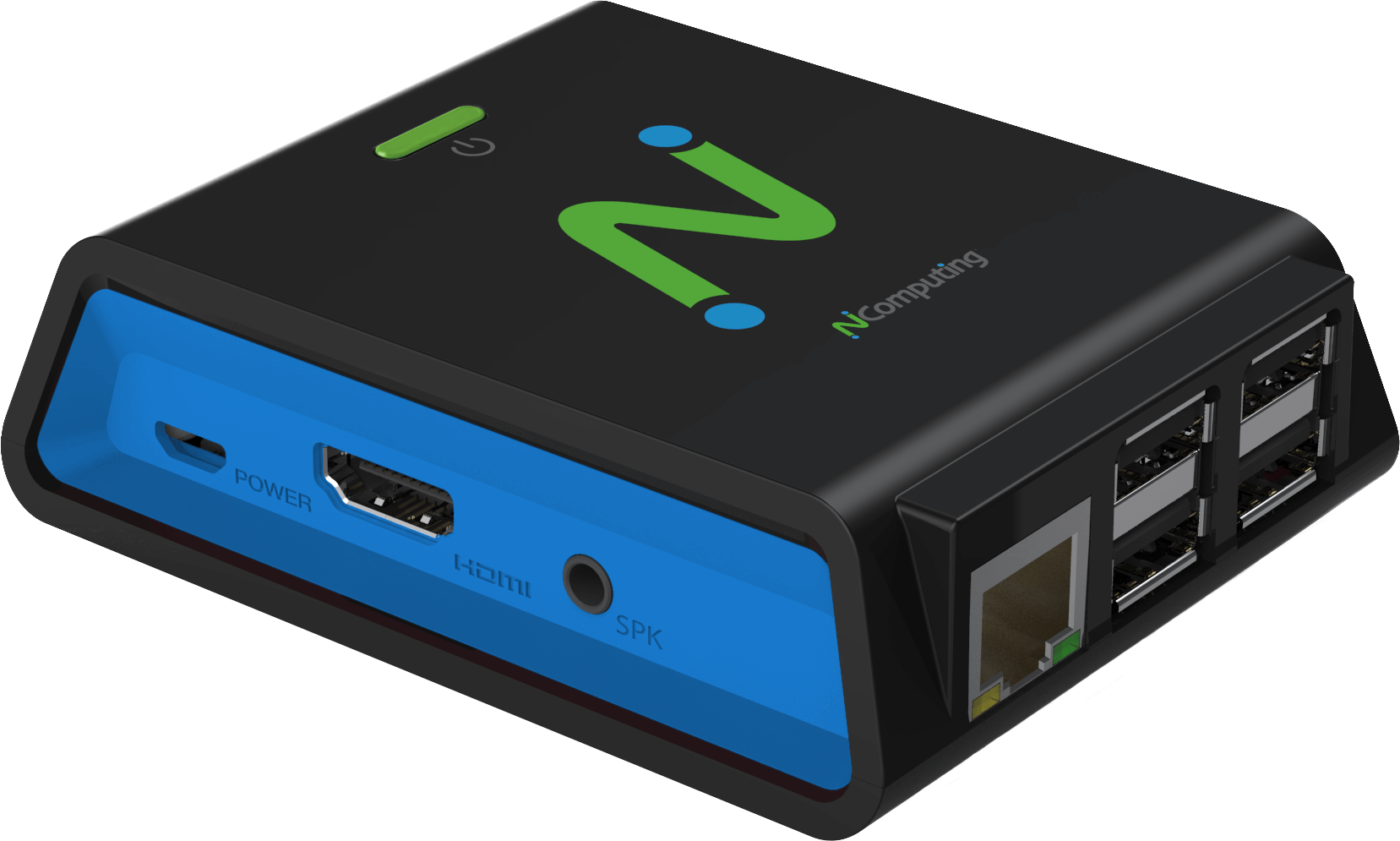Students Gain Improved Accessibility
Paulo Freire, located in Oosterhout, Netherlands provides primary education to students in group one through eight. Its teachers and administrators are committed to delivering the essential knowledge that will enable their students to succeed in a diverse, global world where information technology is becoming a core component in not only education but in every day life.

Replace Obsolete PC Desktops
Prior to introducing desktop virtualization, classrooms were equipped with PC desktops that overtime would inevitably become obsolete and unreliable. Like most institutions, IT budgets and support resources were limited and as result Paulo Freire focused its efforts on identifying a simple and cost effective solution that would seamlessly replace the outdated computer hardware and provide students with increased computing access.
Paulo Freire partnered with DataByte, an NComputing reseller, to evaluate and test various virtualization products. At the conclusion of their testing, NComputing was identified as the preferred solution. The school purchased 6 Dell PCs, 25 X-series virtual desktops, and 20 L300 virtual desktops, creating a total of 45 terminal workstations. The results were immediate and impressive. The new X-series configuration supported a ratio of 4 users connected to every host computer. In addition the L300 configuration supported a ratio of 18 users connected to every host computer.
NComputing virtual desktops provide a more affordable and better desktop experience compared to other thin clients because of its proprietary software (vSpace desktop management) and unified protocol (UXP) and hardware access devices. Today’s PCs are so powerful that the majority of applications only use a small fraction of the computer’s capacity. NComputing’s award-winning vSpaceTM Server provides each user with an individual rich multimedia computing experience. Paulo Freire has scheduled each host server to power on in the morning and power down in the afternoon to save energy and eliminate any wait times when students first power up in the lab. Each student’s monitor, keyboard, and mouse are connected to the shared PC through a small and very durable NComputing virtual desktop device. The access device itself has no CPU, memory, or moving parts—so it’s rugged, reliable, and easy to deploy and maintain.

-menu.png)
